April 21, 2022
Chelsee Greer, D.O., is a pediatric hematology/oncology fellow at UT Southwestern where she splits her time between seeing patients and working in the Xu lab in CRI. Her work in the lab is focused on understanding the diseases and complications childhood cancer survivors face.
What are you researching?
I am researching clonal hematopoiesis and inflammatory profiles in childhood cancer survivors. Although we have made significant progress curing many forms of childhood cancer, cancer survivors continue to experience significant, even life-threatening, late effects of their treatment. These late effects include impaired fertility, decreased heart function, and secondary cancers of the blood, such as acute myeloid leukemia (AML) or myelodysplastic syndrome (MDS).
Our team studies blood samples from childhood cancer survivors to try to identify the subtle changes in the blood that can predict AML and MDS and, potentially, other diseases in these patients. We want to characterize these subtle genetic changes in childhood cancer survivors and how those changes are influenced by other clinical factors. We hope to harness this new knowledge as we develop ways to prevent or decrease the severity of these late effects in childhood cancer survivors.
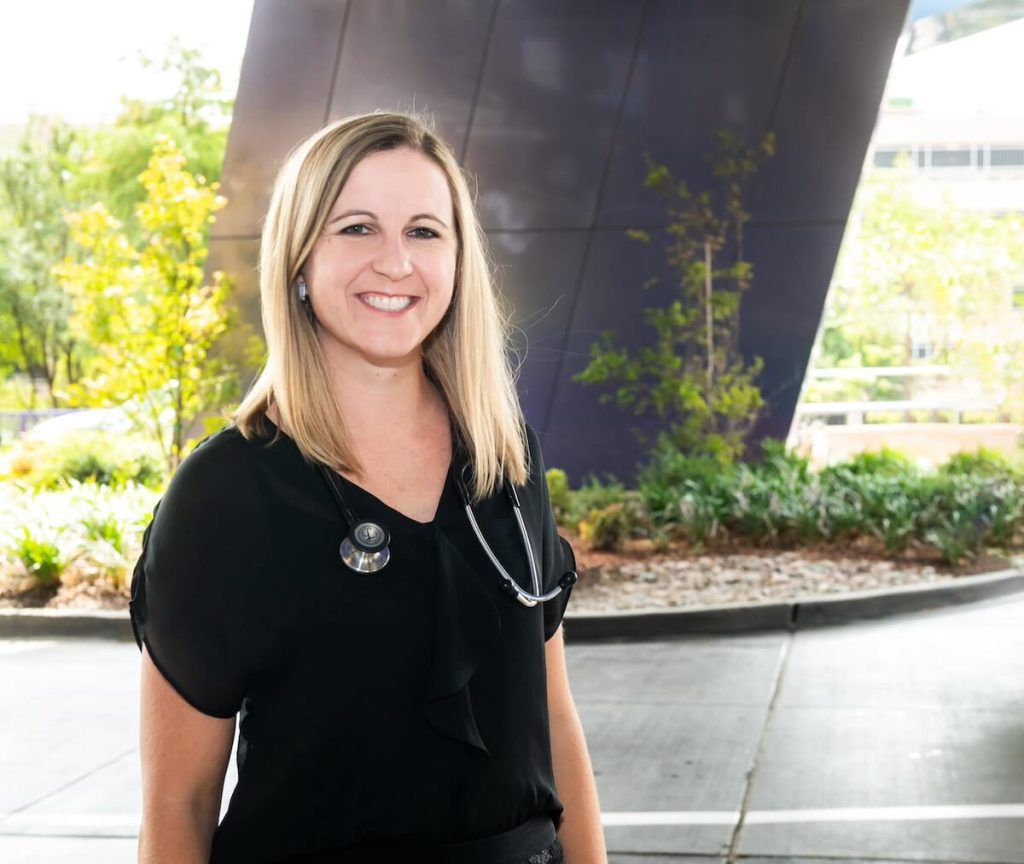
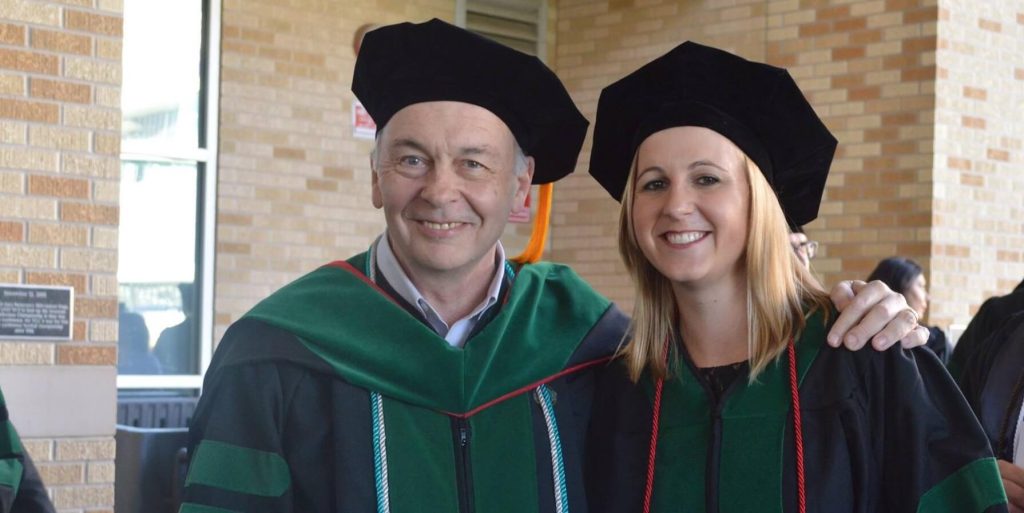
How did you become interested in your field?
I am a childhood cancer survivor! I had Hodgkin’s Lymphoma when I was 12 years old. I have wanted to be a pediatric hematology/oncology physician since I went through therapy myself. This also fuels my unique interest in survivorship.
How does your work in the lab influence your work in the clinic and vice versa?
This work could really change how we view and treat our childhood cancer survivors in the future. I have really enjoyed talking to our patients and their families many years after their therapy and learning more about the long-term effects of treatment. This has changed the way I talk to my patients who are currently undergoing therapy.
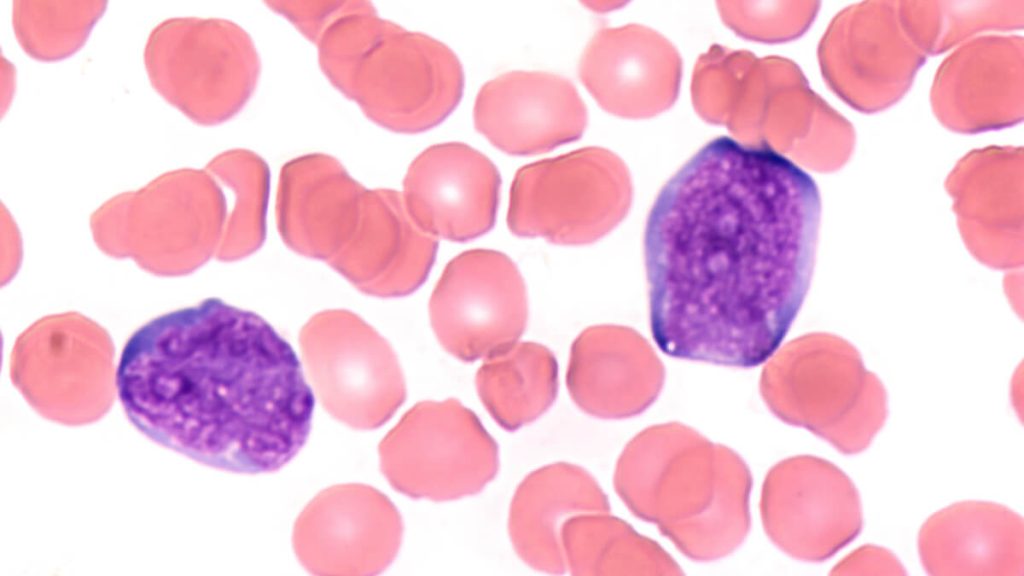
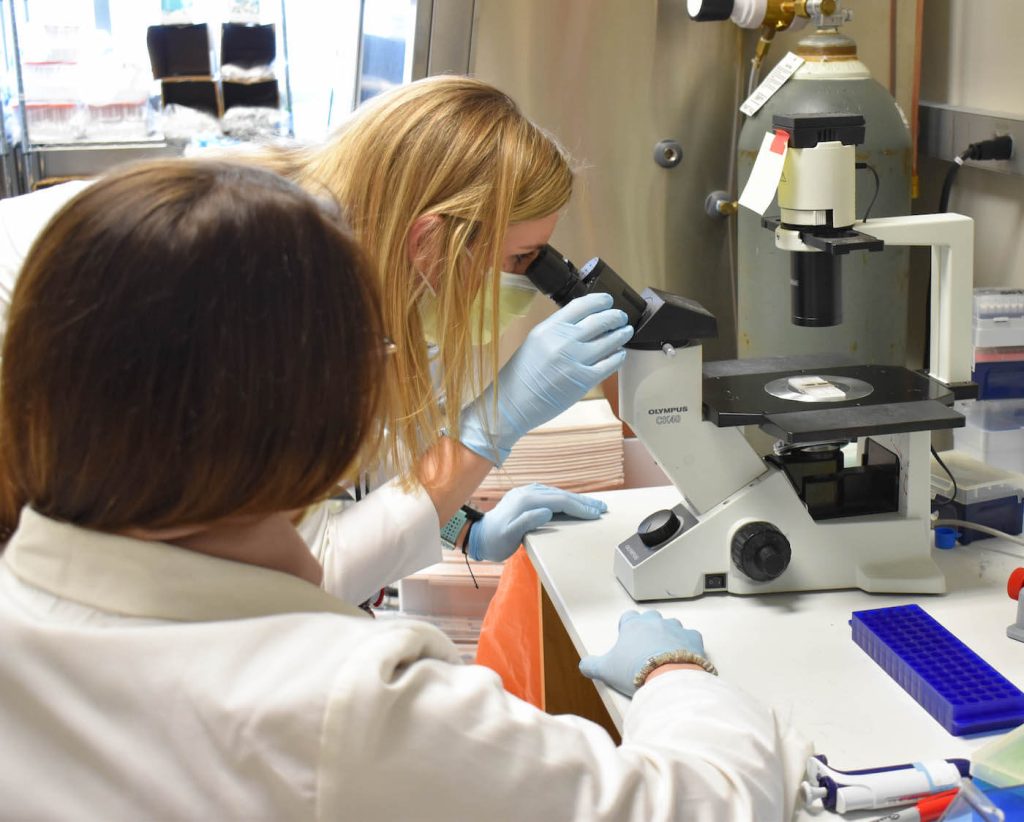
What about being a researcher differs from what people might expect?
It is so much work! Day to day is tedious, and it’s sometimes difficult to remember the big picture and your overall goals. I do not think people realize how many hours are spent creating and executing a project. Things go wrong even with the best planned experiment. I think, as a physician, it was difficult for me to accept that even when an experiment does not work the way you thought it should, it is not necessarily a failure. It is exciting when you see results start to come together.
What’s your favorite spot in CRI?
Outside of our lab on the 12th floor where the views are amazing. There is so much sunlight, and it is always quiet. When I have had a busy clinic day and then am processing patient samples in the evenings, it is nice to have a quiet and calm place to decompress.
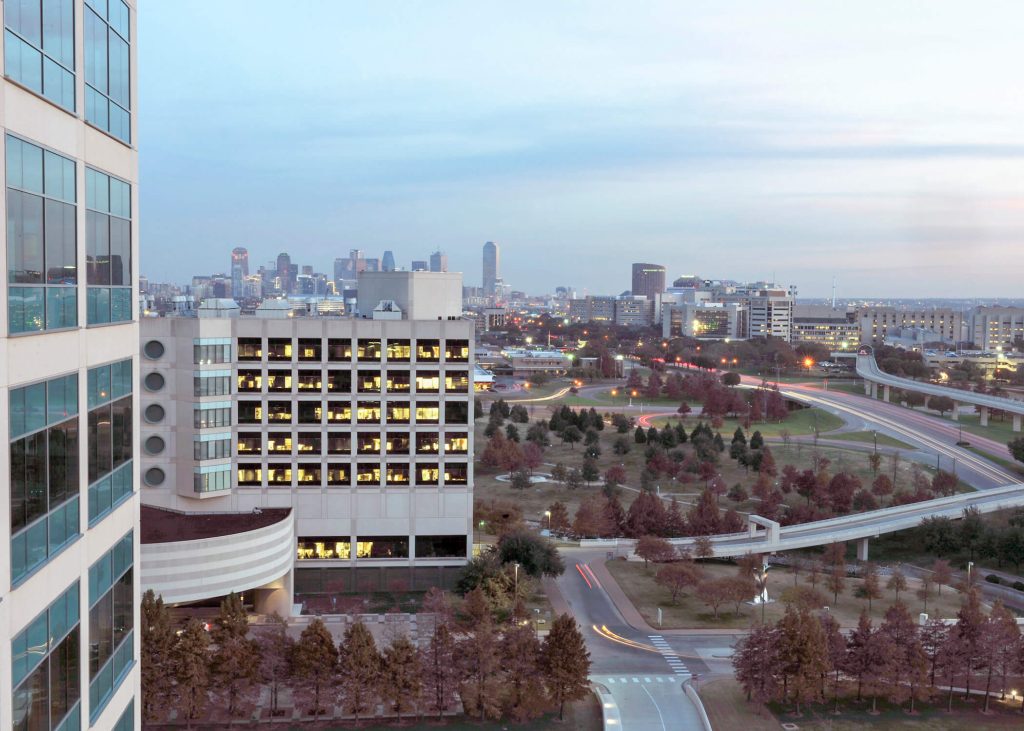
© 2026 Children’s Research Institute Dallas Texas | Privacy | Site Policies